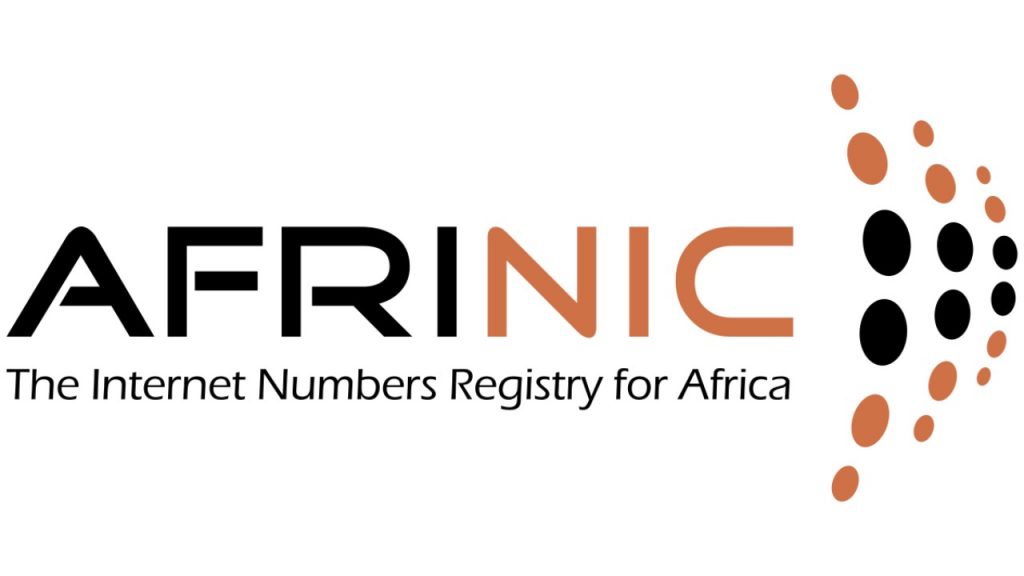- Disregarding hundreds of legitimate votes due to one questionable ballot raises serious concerns over AFRINIC’s governance.
- The move has intensified distrust in AFRINIC’s leadership and triggered urgent calls for independent oversight of its broken governance process.
What happened: AFRINIC annuls 2025 election over proxy
AFRINIC, Africa’s sole IP address authority, is once again mired in controversy. On 23 June 2025, it held a long-delayed board election after years of internal dysfunction. Hundreds participated, many using powers of attorney (PoAs) to vote by proxy—a well-established practice.
Just minutes before polls closed, the Nomination Committee, led by Simon Davenport KC, suspended the vote over one disputed proxy. Despite most proxies being valid, AFRINIC annulled the entire election. The move was widely condemned as excessive, disenfranchising hundreds and further damaging trust in AFRINIC’s governance.
Also Read: EXPOSED: The letter that reveals who was really benefitting from AFRINIC’s lawsuits
Also Read: Is the AFRINIC election process compliant with Mauritian corporate law?
Why it’s important
AFRINIC’s internal governance now appears alarmingly fragile. Cancelling an entire election over one suspicious proxy vote, while knowingly invalidating hundreds of legitimate ballots, reveals a dangerous lack of proportionality and institutional discipline.
In any democratic process, especially one concerning public infrastructure, the response to alleged irregularities must be measured, evidence-based, and transparent. AFRINIC’s reaction instead smacks of panic, or worse—political interference.
Far from correcting an error, the organisation has triggered a crisis of confidence, reinforcing fears that internal actors can override due process and silence community participation.This is not just an internal problem—it undermines AFRINIC’s legitimacy as a steward of critical internet resources.
The decision sets a harmful precedent for all Regional Internet Registries: that a technical body can discard rules, override its own members, and nullify representation without consequence. For the continent’s growing tech sector, this chaos poses a real threat. AFRINIC must now face a reckoning. Calls for external oversight of elections are no longer optional—they are necessary to protect what remains of trust in African internet governance.

